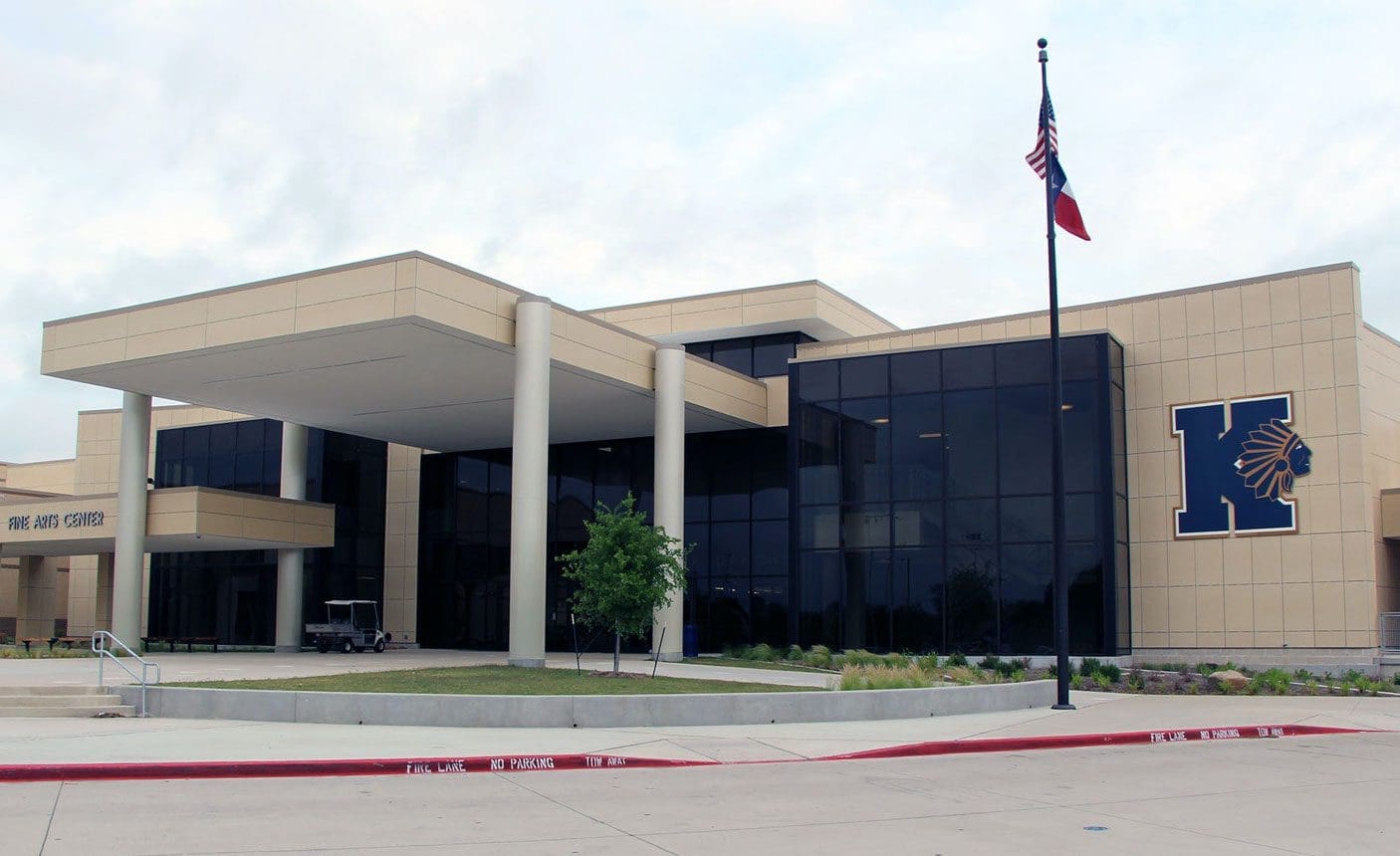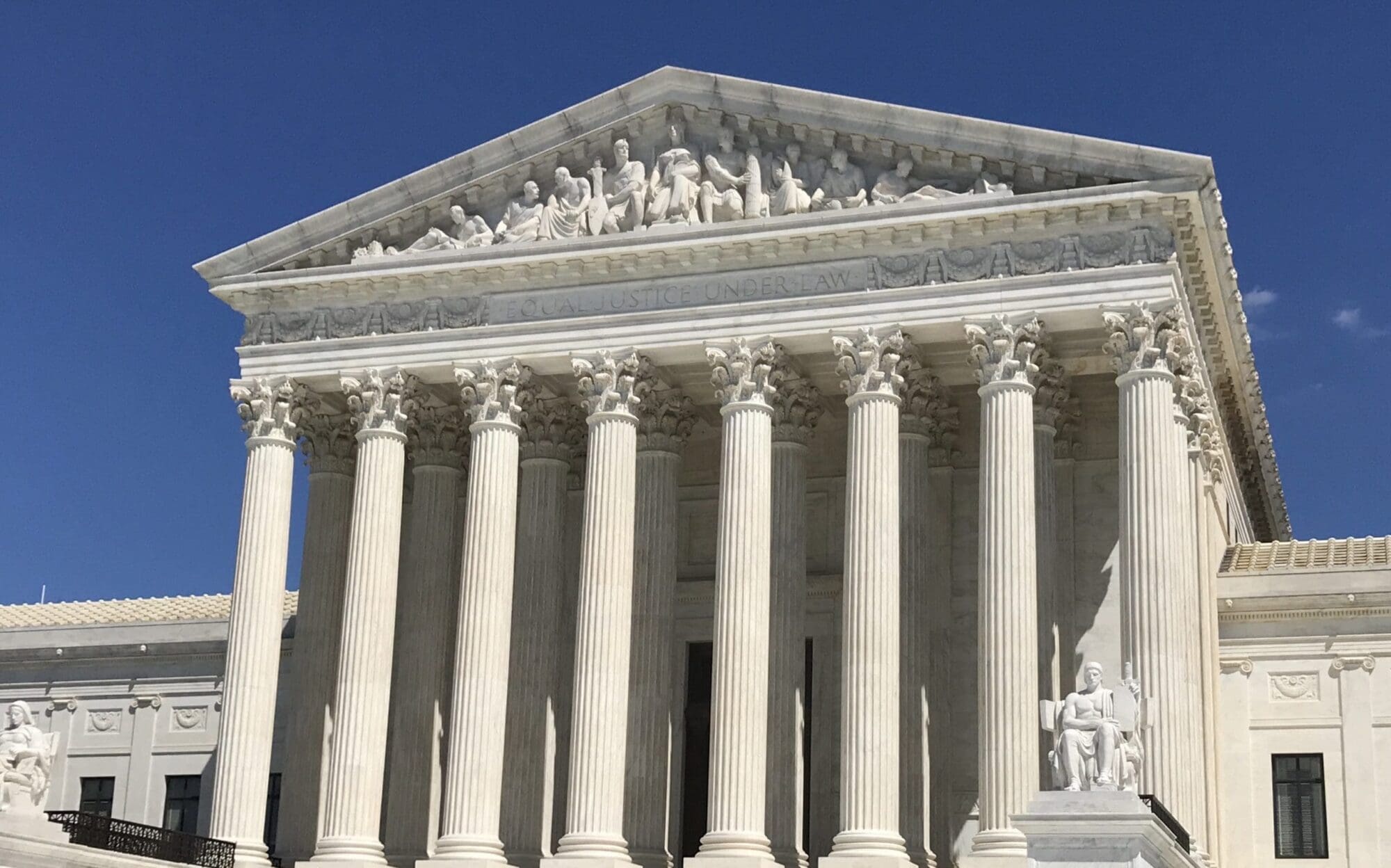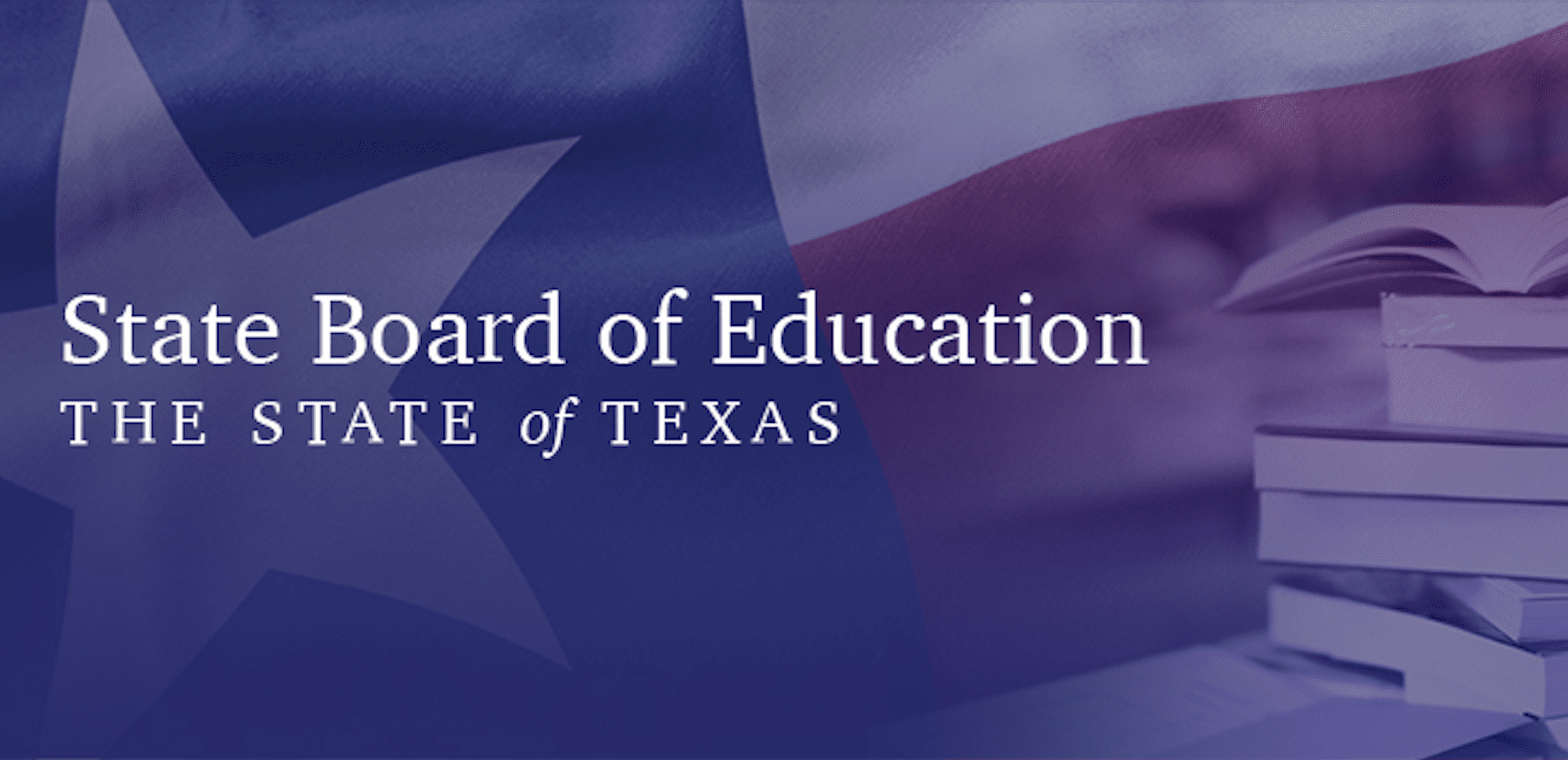For the past few days, headlines across Texas and beyond have blared that Keller Independent School District “banned the Bible” and put “Anne Frank’s Diary” on a book “hit list.”
Those headlines, and many of the news stories surrounding them, were wrong.
How did such media misinformation spread?
Keller ISD Board of Trustees President Charles Randklev calls it “shoddy reporting.”
“Good morning, the recent reporting by media that Keller ISD is banning the Bible and Anne Frank is false,” Randklev said in a social media post Wednesday:
The district will be reviewing those books per updated policy using content guidelines pending board approval.
This information was conveniently omitted in most of yesterday’s coverage and instead the focus was on eye-catching headlines, with little regard for truth or facts.
“Also omitted were other titles (see list), which included Gender Queer and All Boys Aren’t Blue, among others,” Randklev added. “These books are replete with graphic, gratuitous, sexually-explicit content (see link to video for examples) and have no place in the hands of children.”
The “eye-catching” headlines were prompted by social media posts about a district email sent Tuesday that directed staff to pull titles from library shelves that are slated for review.
New policies approved by the Keller ISD Board of Trustees last week require books challenged by community members as being inappropriate for schools to be held in a “parental consent area” until the review process is complete. Previously reviewed books, including the Bible and the graphic-novel version of Anne Frank’s Diary, are also getting a second look under the new guidelines.
Responding to the firestorm of media misinformation, the district explained the new policies, adding, “All of the books included in Tuesday’s email have been included on Keller ISD’s Book Challenge list over the past year. Books that meet the new guidelines will be returned to the libraries as soon as it is confirmed they comply with the new policy.”
“It is important to be clear about this point—regardless of headlines or social media stories, none of the books under re-evaluation were banned,” said Superintendent Rick Westfall, who weighed in on the controversy Thursday.
In fact, neither Keller nor any school district is “banning” any books.
Anyone following the news over the past year knows that parents in Keller (and across the state and country) have been asking school officials to remove sexually explicit and age-inappropriate books from their minor students’ library shelves.
Books like “Gender Queer”—a graphic novel containing images of minor boys engaged in sex acts—are described by many as pornographic. That book was permanently removed from the district’s libraries for being “pervasively vulgar” or educationally unsuitable, under a library-book removal policy followed by all Texas school districts.
“As one of the moms who broke ‘Gender Queer’ in Keller ISD in October of 2021, I have been following this ‘book process’ for almost a year,” Keller parent Kathleen May told Texas Scorecard.
What the media, and even conservative media, got wrong was not fully understanding the process and policy. They all screamed “Fire” in a movie theater without knowing how the process was laid out and how our new conservative board was actually fixing an old, broken, and “stacked against parents” system.
May encourages Keller parents and community members to get involved within the district and to attend the next school board meeting on August 22.
Westfall notes that all of the books on the list were challenged by parents and community members, not the district, for various reasons. As the titles are reviewed, their status will be updated on the district’s website at www.KellerISD.net/InstructionalResources.
He said the district anticipates the Bible and “Anne Frank’s Diary: The Graphic Adaptation” will be returned to library shelves “very soon” (the standard edition of “The Diary of Anne Frank” was never challenged or removed).
Randklev added, “In retrospect, yesterday’s terrible reporting provides an opportunity to discuss this issue further.”
How does sexually explicit content meet specific student reading needs? How does it strengthen information literacy or critical thinking skills? How does it create empathy towards other groups of individuals? How does it contribute positively to the school culture? How does it align with state and district learning standards?
Also, what does that say about our education system…that certain student groups can only be reached through the lens of graphic sexual content. This is unconscionable.
”It is my hope these outlets will issue a correction or even better an apology to our hardworking district staff, and I hope they remember that a half-truth is a whole lie.”







